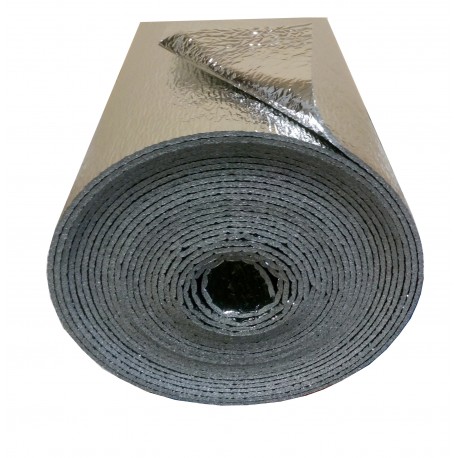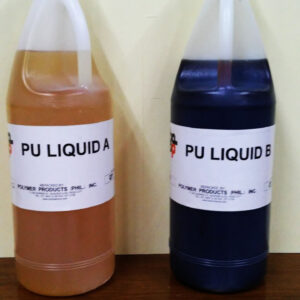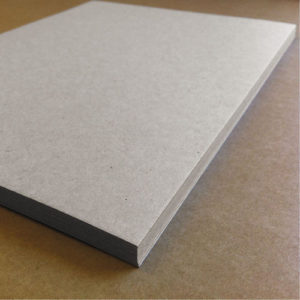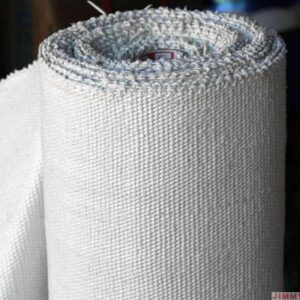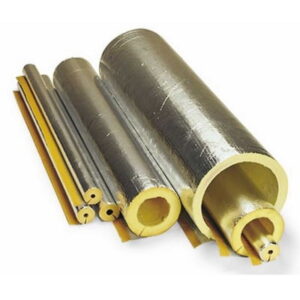Kingsman Engineering Works is a leading supplier of Polyethylene Foam Roof Insulation withing the Kenyan Market and across the borders.
The common sizes of polyethylene roof insulation (sisalation) in Kenya, laminated with aluminium foil are:
- 2mm
- 3mm
- 5mm
- 10mm
The width comes in two forms 1 m and 1.8 m. The length can vary, though the standard length is 50 metres.

